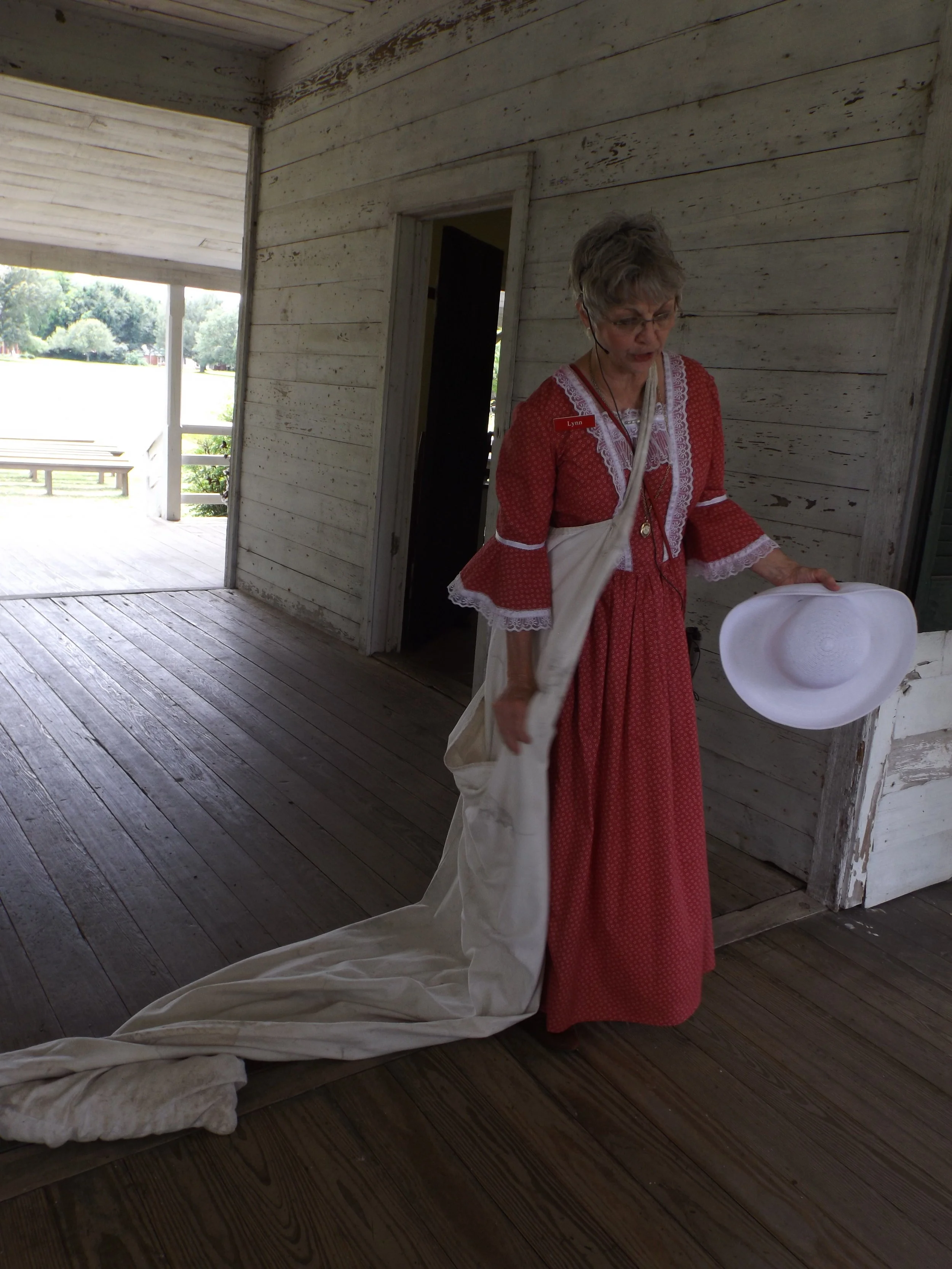Historic Site Review: Frogmore Cotton Plantation, Natchez, MS
/In the midst of conversation and debate about how to best interpret slavery at historic sites, I recently visited Frogmore Plantation in Natchez, Mississippi. When my family signed up to take a tour of this working cotton plantation as part of our Mississippi River cruise, I was admittedly excited but with some trepidation. Viewing the experience through the historian’s lens, it could have been enlightening or terrible.
Read More





